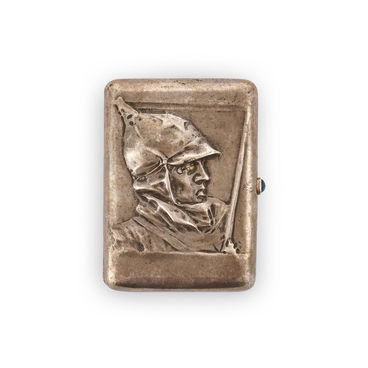In the photograph, Timur Arkadyevich Gaidar stands at his father’s grave during the reburial.
Timur Gaidar was born on December 8, 1926 in Arkhangelsk. He graduated from the Leningrad Naval School in 1948. In 1953, he enrolled in the journalism faculty of the Lenin Military-Political Academy. After that, he served on submarines of the Baltic and Pacific fleets. From 1957, he began working for various newspapers, including “Soviet Fleet, ” “Krasnaya Zvezda, ” and “Pravda.”
From 1965 to 1971, Timur Arkadyevich worked in Belgrade, in the Socialist Federal Republic of Yugoslavia. In 1972, he became the head of the military department of the newspaper “Pravda.” He worked as Pravda’s correspondent in Cuba, Yugoslavia, and Afghanistan. Additionally, he published in “Moscow News” and “Izvestia” and was a member of the editorial board of the magazine “Pioneer.”
In the Soviet Union, Timur Gaidar was closely associated with his father’s famous 1939 novella “Timur and His Team.” This work, which became a classic of children’s literature, tells the story of a youth organization operating in a summer cottage settlement, helping the elderly and the families of Red Army soldiers. After the book’s release, the term “Timurovets” — a Pioneer who helps others — entered common usage.
In May 1942, the Union of Writers received news from Lieutenant Sergey Fedorovich Abramov reporting the death of Arkady Gaidar. Soon after, additional confirmations arrived from other comrades, all providing consistent details.
In 1947, at the request of the writer and public figure Alexander Alexandrovich Fadeyev, the head of the USSR government, Joseph Vissarionovich Stalin, granted permission for the reburial of Arkady Gaidar. The body was to be brought to Moscow.
It was decided to exhume the grave on the outskirts
of Leplyavo, conduct an official identification of the body with the
participation of relatives and a forensic expert, hold a memorial service, and
then transport the remains to Moscow. However, the Council of Ministers of
Ukraine opposed releasing the remains. Half an hour before the identification
and farewell ceremony, which was to be held between the two fraternal
republics, the Kiev Regional Committee of the Communist Party of Ukraine
decreed that the writer’s body would not be removed from the region and should
be buried in the city of Kaniv. Arkady Petrovich was buried on the banks of the
Dnieper River, on the outskirts of the city park. The writer’s relatives were urgently transported to Kaniv.


